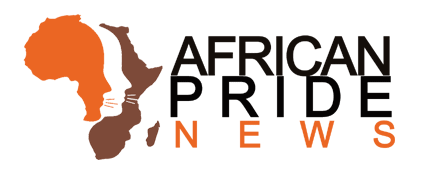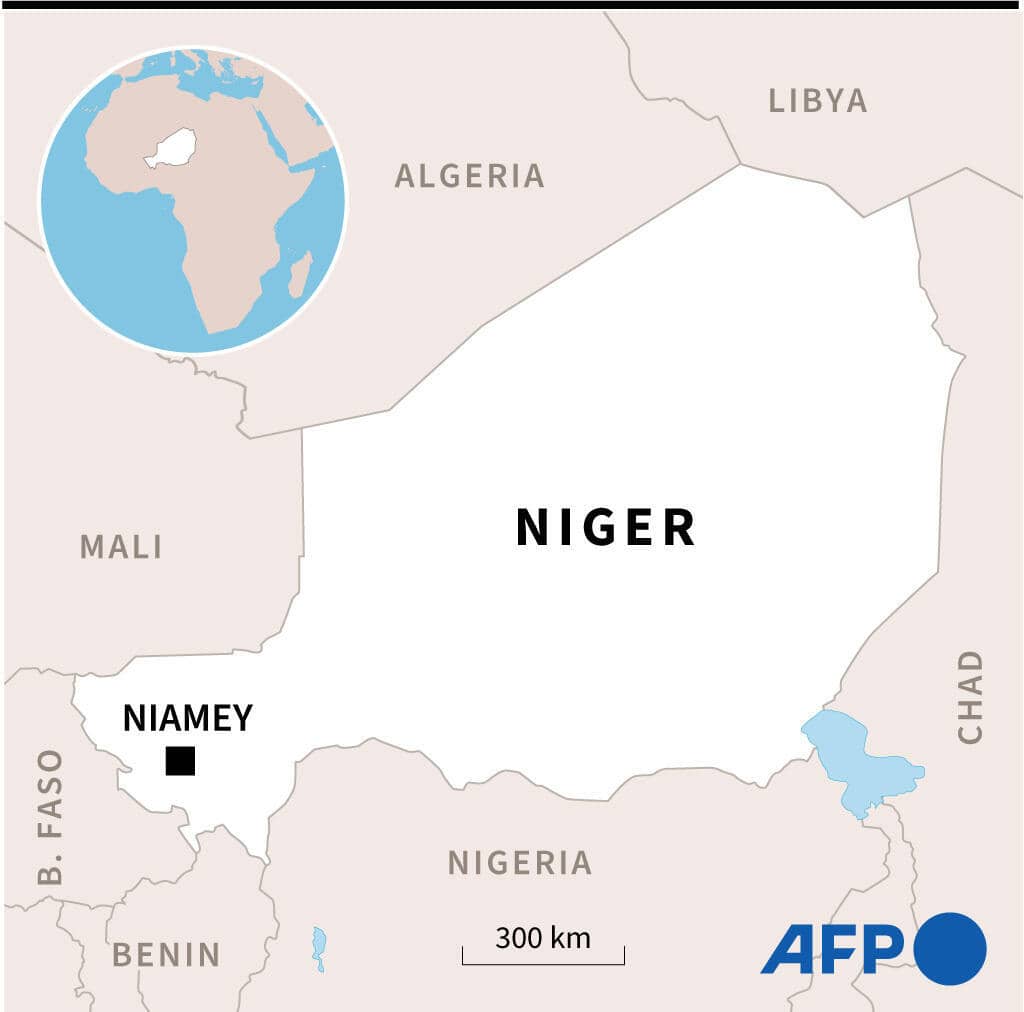US Secretary of State Antony Blinken has vowed to broaden support for the violence-wracked Sahel beyond the realm of security, pitching the United States as a better partner than Russia, which has been expanding its footprint in the region.

Speaking to AFP on the highest-level visit ever by a US official to Niger, Blinken called for moving on from what was often seen as a military-first approach by the United States and former colonial power France, which wound up a controversial nine-year operation in Mali in November.
“We’re in the midst of building something relatively new,” Blinken said in an interview late Thursday in the capital Niamey.
“We absolutely have to have a holistic, comprehensive approach in which security is absolutely necessary but is not enough.”
“The fact that Niger, which is obviously one of the poorest countries on earth, is doing this so effectively, I think only underscores the importance of taking this comprehensive approach.”
Blinken announced $150 million in new humanitarian aid to Niger and highlighted US support for a programme to rehabilitate former extremists as well as a major US initiative to improve irrigation and climate-resilient agriculture in a country battling desertification.
But Blinken acknowledged the desire for security ties with Niger, where the United States has stationed forces and built Air Base 201 in the desert to fly drones deep into the Sahel.
France also maintains more than 1,000 troops under a long-running anti-jihadist mission, which is being reconfigured following its pullout from neighbouring Mali.
The African Union has voiced concern over the rise of the foreign military presence on the continent, where China also set up its first overseas base in Djibouti.
“These partnerships that we have, it’s not something that we’re imposing on anyone. Countries choose to be partners or not,” Blinken said when asked about the drone base.
“The work that we can do to combat terrorist groups — extremist groups — ultimately will be to the benefit of others” as well as Niger, he said.
‘Bad things tend to follow’
Blinken’s visit comes as neighbouring Mali swings sharply into Russia’s orbit following the end of France’s Operation Barkhane, which was launched in 2014 to prevent jihadists from sacking the capital Bamako.
Mali is ruled by military putschists who have denounced France and turned to Russian operatives for help — Wagner mercenaries, according to France and others.

Mali last month was one of just six nations that joined Russia at the UN General Assembly in voting against a call for Moscow to pull out of Ukraine.
“Everywhere Wagner goes, bad things tend to follow,” Blinken said.
“Where we have seen it act, it hasn’t improved security. On the contrary, we’ve actually seen things get worse, and the exploitation of resources, the corruption, the violence that it brings are a plague on people in the countries that have chosen to work with it.”
Wagner, run by the Kremlin-connected businessman Yevgeny Prigozhin, has been accused of abuses in the Central African Republic, Libya, Mali and most recently in the Ukraine war.

Ghana has alleged a Wagner presence in military-ruled Burkina Faso but both the junta and Moscow have denied the charge and Blinken did not directly answer a question on the issue.
A senior official travelling with Blinken said it was no accident that Wagner had thrived in French-speaking nations, saying Russia had fanned post-colonial resentments.
Blinken said he believed the United States and France were united on a new approach to West Africa that emphasises democracy, development and good governance.
“The challenge for everyone — us, France, our partners — is to show through the work we’re doing together that we can get results that benefit the people,” Blinken said.
“If you have profound problems of insecurity, there has to be an answer to them. And if there is no answer to them, then groups like Wagner will try to plunge in and take advantage.”

